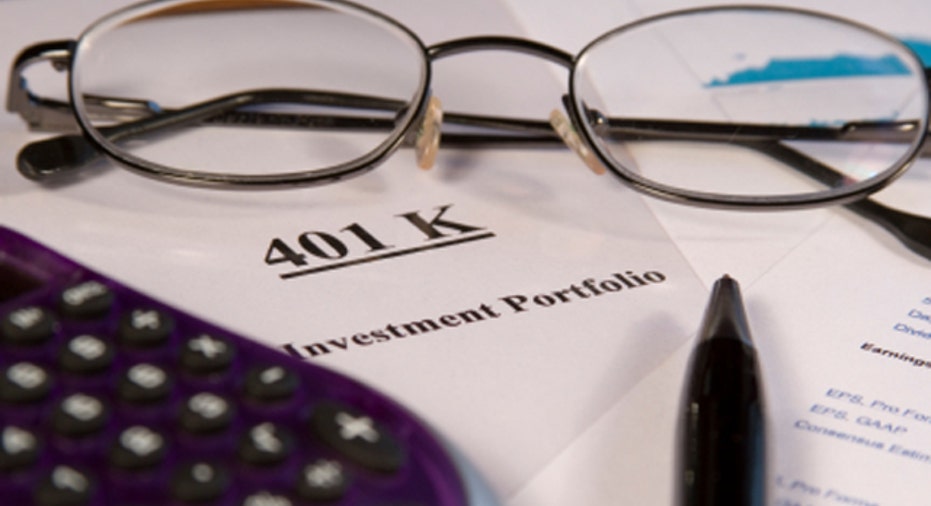How Much Money Will I Need in Retirement?

You've spent your entire adult life working toward -- and saving for -- retirement, but it can be hard to accurately predict how much money your will need in your golden years.
If you're unsure about how much money you'll need in retirement, follow these pieces of advice from financial experts:
A Solid Goal: 80% to 90% of your pre-retirement monthly income
Retirees should expect to need about 80 to 90 of their pre-retirement income per month, according to ING retirement coach and planner Larry Rosenthal. That means, if your income is $40,000 per year, you'd want to have $32,000 on hand per year in retirement. "People will spend money on hobbies or some type of entertainment," Rosenthal says. "They'll also tend to spend more money on their grandchildren after they retire. And travel is expensive and becomes a big part of retirement spending." Experts says a good strategy is to withdraw about 3 or 4% of your retirement savings each year. "If you had about $1,000,000 in an interest account, you could live on the income of $40,000," according to Charlie Epstein, author of Paychecks for Life.
Know your expenses: Expected and unexpected
While some expenses can be predicted he expenses you anticipate, there will also likely be unexpected expenses. "The most significant and unexpected expense in retirement is due to out of pocket health- care expenses," says John Ulin, a certified financial planner in Boca Raton, Fla. More than 50% of people 65 or older will at some point in their life need either home health care or will enter a nursing home, he says. "This type of 'care' is not covered by Medicare or Medicaid and can financially devastate your nest egg," he says. "Home health care can cost upwards of $35,000 a year and a facility care can cost upwards of $60,000 a year. Plan accordingly."
Common Mistakes
Experts agree that the most common mistake people make is not having and following a financial plan. "How does someone know where they are and where they need to go if they don't have a financial plan in place that analyses retirement cash flow," says Barry Taylor, a financial adviser and money manager based in San Francisco.
In addition, many people planning on retiring don't begin saving early enough. "As a rule of thumb, you need to save 10% of your pay each year," says Epstein.
Another common -- and frequently devastating -- mistake is underestimating the cost of health care in retirement. "The latest projection on cost of health care is that on average, health expenses will equal or exceed $325,000 for a couple from age 65 until death," Taylor explains. "A great deal of this cost will be paid by Medicare and 'Gap' insurance policies that cover most of medical, hospitalization, and drugs. But many soon-to-be-retirees do not understand the conditions of the retirement health insurance they purchase at retirement and the size of the 'gaps' that may not be included."



















